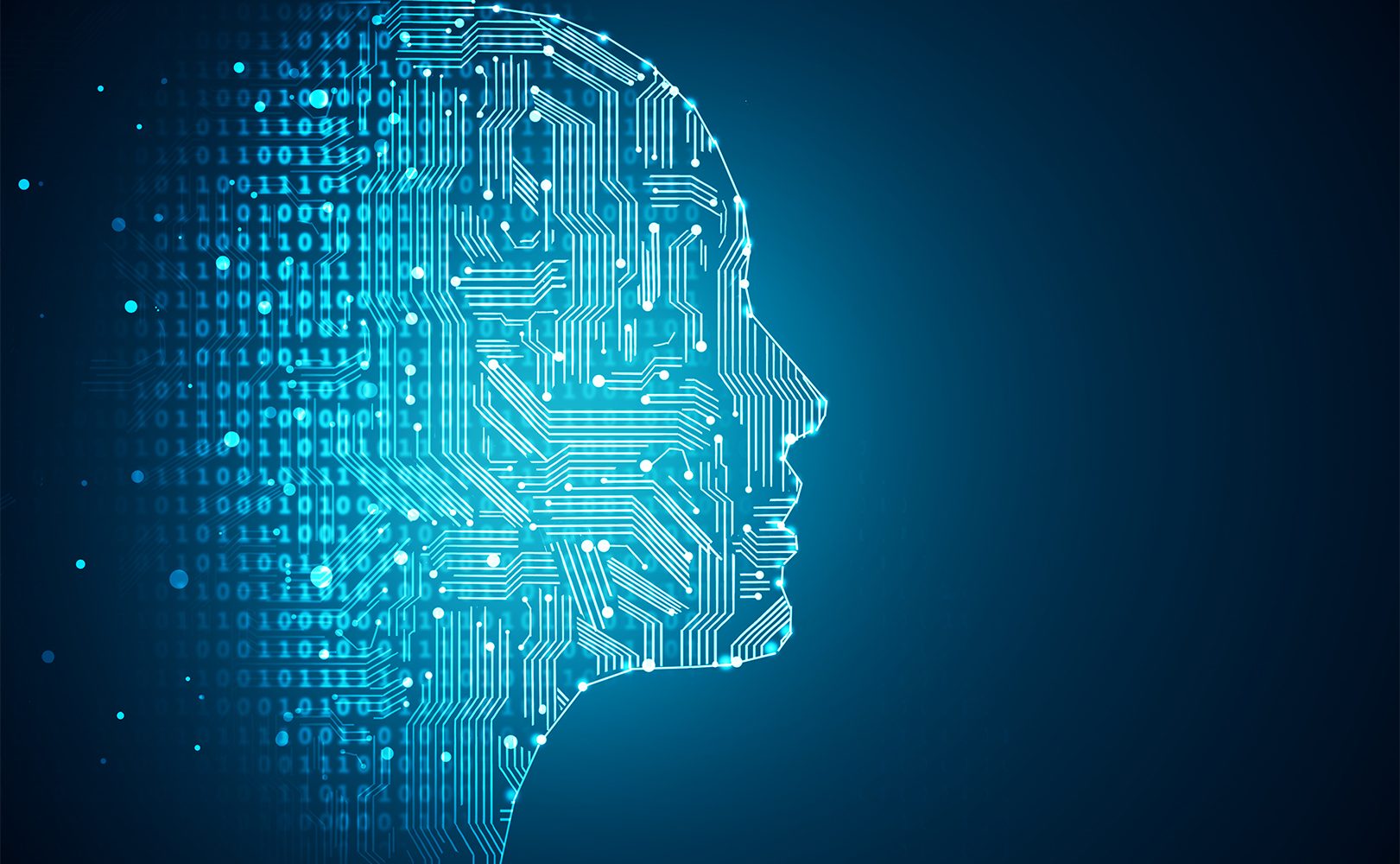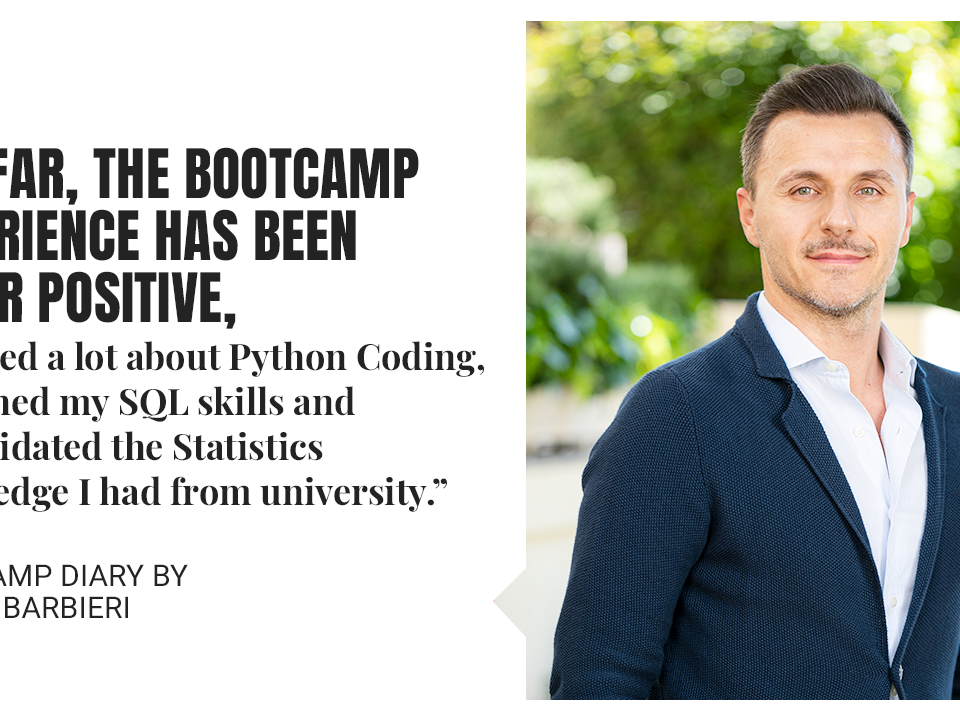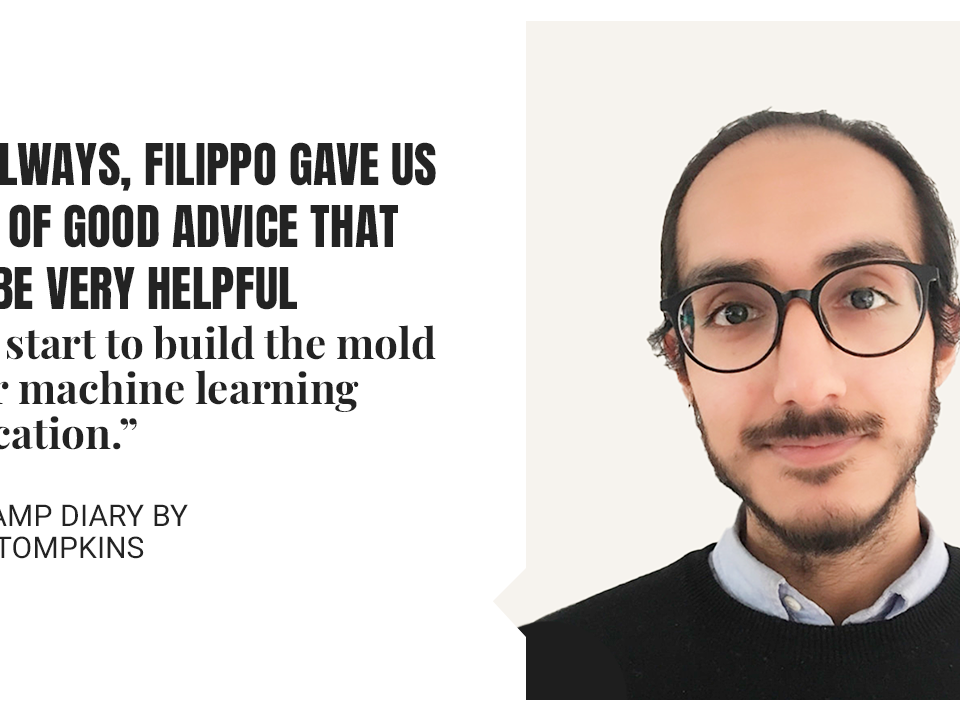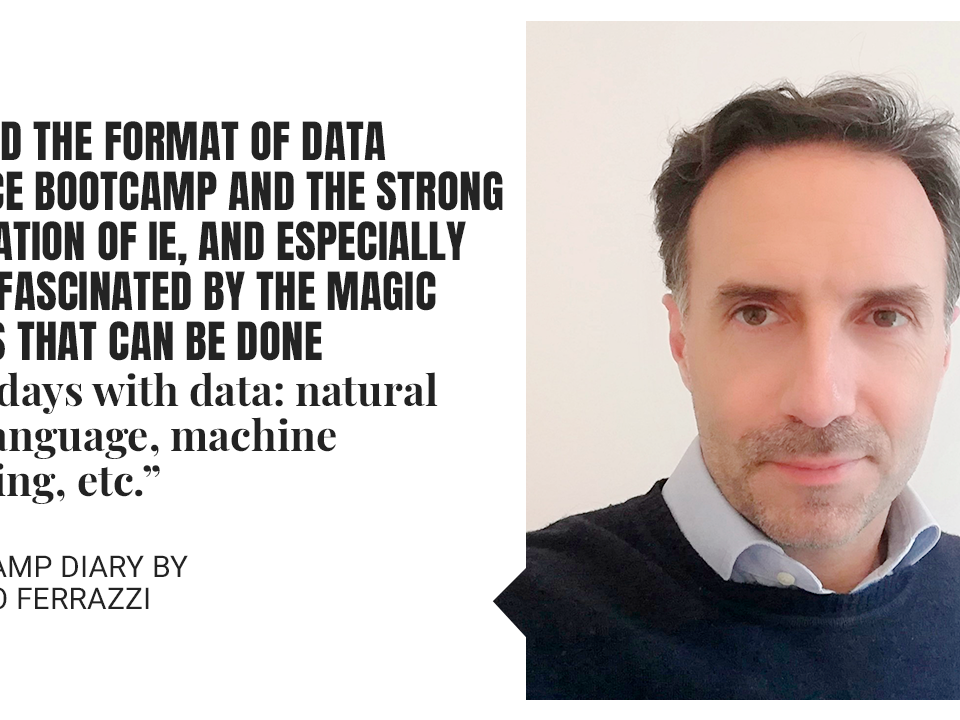Machine Learning for Marketing

Machine Learning’s poised to make an impact
John Koetsier mentioned what Brian Solis, Principal Analyst and futurist at Altimeter said to him as he asked experts what the most transformative technologies for marketing would be in 2018:
AI and machine learning will have the most profound impact on marketing in 2018 because it will fundamentally make ‘marketing’ more human…Which is ironic in and of itself.
In his survey of 350 marketing experts, the two top trends were, to no surprise, Artificial Intelligence (better known as AI) and big data. AI is a broad field, so, inevitably there is a need for more specificity as to what areas of this discipline are most relevant to marketing.
And that’s where machine learning comes into the equation because of that, along with deep learning, are the two areas of AI more specifically highlighted to make an impact in the field.
But first, what’s machine learning?
Machine learning is a kind of artificial intelligence. So, what does this type of AI do? It essentially “allows software applications to become more accurate in predicting outcomes without being explicitly programmed.” Machine learning’s purpose “…is to build algorithms that can receive input data and use statistical analysis to predict an output value within an acceptable range.”
Machine learning algorithms can either be supervised or unsupervised. A supervised algorithm needs humans to put in the inputs, the output that the data scientists want out of it, and of course, to be there to give feedback about how accurate their predictions are when getting trained. When the algorithm’s unsupervised, there’s no need to get it trained with any data and, with the use of deep learning techniques, is more adept at more complex processes.
That sounds complicated, but maybe I have already seen this?
Machine learning’s all around us; most likely you’ve seen it from when you shop online, the ads that show up on your browser based on where you just visited or Googled, and on your Facebook News Feed. That’s because machine learning personalizes the content that shows up on it, and based on your activity on Facebook, the data set used to curate your News Feed adjusts accordingly. Not only is it the News Feed; another example is “…Facebook’s retargeting ads.”
How is machine learning poised to impact marketing?
A recent article in Entrepreneur highlighted how machine learning could change the way marketers work in some ways. One of the most significant risks for marketers is the fact that trial and error are part of all marketing campaigns, resulting in marketing waste. Rather than relying on this not-always accurate approach attempting to get at the audience best receptive to your product or service, “[m]achine learning has the potential to reduce much of marketing’s imprecise nature. Using behavioral data, marketers can target their audiences in an efficient way that greatly improves the likelihood of converting shoppers to customers.”
Another point to note is machine learning’s potential to achieve the “real-time” phase that many marketers have thrown around for years. Instead of it merely being a buzzword, machine learning can turn it into a reality. While other technologies tried to do this, “[c]onsumers see offers change by the minute based on the virtually unlimited data their behaviors create for machines to process.” Hence, that’s why after searching for something and going on a website, you’ll often find “…you don’t need to wait long for an ad to surface on your timeline.”
Another reason why it helps in this respect makes sense when one understands the distinction between structured and unstructured data. As the name implies, structured data is “…the kind of data that is organized and displayed in a database with rows and columns, such as sales numbers and business addresses that one can easily sort.” As for unstructured data, “…it’s variable and complex, making it much more difficult to sort, categorize and analyze.” That means social media would qualify as unstructured data. When it comes to social listening, a technique perfected by tools such as Brandwatch and Sysomos, “[n]ew social media analytics tools, built on powerful machine learning and AI technologies, dive deep into the nuances of consumer sentiment and purchase intent in order to surface new trends and audience affinities as they evolve in real time, or even before they happen.” That lets you make the most out of the unstructured data coming out of social media, giving you better tools to achieve the real-life ideal digital marketers have been aiming to accomplish in recent years.
Sharper insights are not only useful when it comes to monitoring campaigns, but machine learning will also help humans who outperform machines (for now) when it comes to “…understanding language, interpreting words based on context, tone, and what we know about the person saying them.” For copywriters tapping into insights that their workplaces or clients provide to resonate with their target. However, there still exists the imprecision in traditional marketing campaigns because those insights often rely on educated guesses. Machine learning, in contrast, “…provides actual means of sentiment analysis so marketers know what to say and how the audience is likely to react.” As they simultaneously monitor social media activity to gain feedback on what messaging resonates, “[b]rand specialists and copywriters then can tweak ads immediately in response to comments and trending replies. This brings the right message to the surface.”
And more steps towards the future
Machine learning will also help marketers achieve the holy grail of demand forecasting since AI applications will allow for “…the overwhelming possibility to give customers what they want before they know they want it. These efforts still will be mostly suggestions. But they’ll be informed by data, not presented as blind suggestions to a disinterested consumer.”
And, as the other examples have exemplified, a more precise marketing strategy will lead to reduced costs. How does it do that? Chidike Samuelson sums it up like this: “Machine learning reduces marketing expense because it requires far fewer people to be involved. It also drastically cuts communication costs, as a majority of customers can be kept updated on offers via automatic emails, scheduled social-media posts and online ads or other content.”
What does this teach us?
As John Koestier revealed in Forbes, the magic formula for marketing technology in 2018 is this: “AI + data = 2018 marketing success.” Get ready for this technology to have an even more significant impact on the way goods and services make it into your purview, and of course, influencing how you spend your money.
Ready to crack the 2018 machine learning success formula?
To learn more about the IE Data Science Bootcamp, download your copy of our informational booklet here. And, if you’re ready to apply for our next intake, get started on your application.



